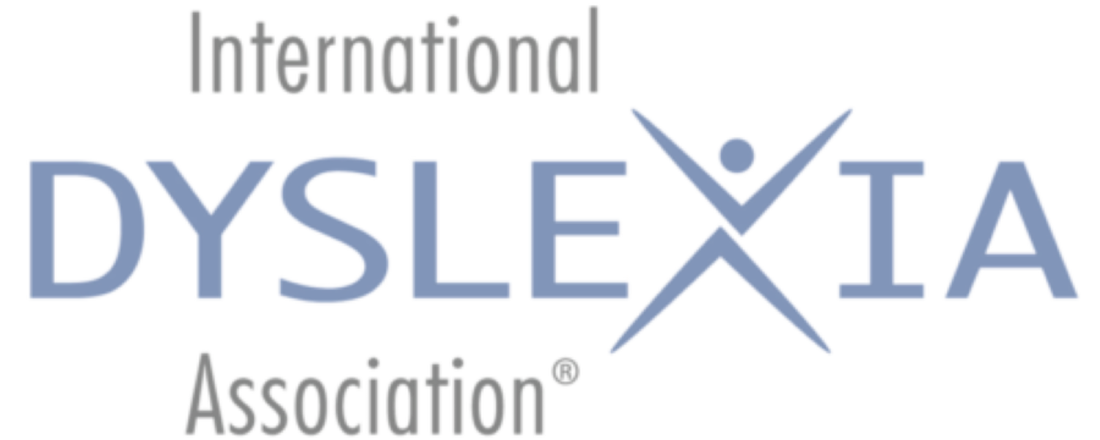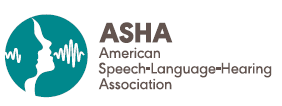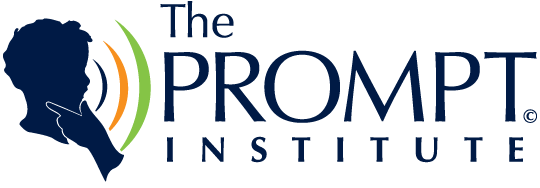What are your hours?
We are currently accepting clients 9am-7pm Monday, Tuesdays, and Wednesdays.
Do you take insurance?
We contract with most plans under Regence Blue Shield, Premera Blue Cross, and Aetna. At this time, we do not bill insurance outside of these but are happy to provide coded invoices. Some insurances may reimburse for portions of speech or language testing, but typically not educational testing. Always check with your insurance provider for policy and coverage questions.
WHAT is a speech language pathologist?
Speech-Language Pathologists assess, diagnose, and treat speech, language, literacy, social communication, cognitive-communication, and swallowing disorders in children and adults.
SLPs typically have both state and national licenses.
Given the critical role of speech and spoken language when learning to read, children who have a speech or language disorder are at increased risk for a reading disorder. SLPs with extensive training in literacy make ideal professionals to work with reading disorders.
Read more here.
SLPs typically have both state and national licenses.
Given the critical role of speech and spoken language when learning to read, children who have a speech or language disorder are at increased risk for a reading disorder. SLPs with extensive training in literacy make ideal professionals to work with reading disorders.
Read more here.
What are the different kinds of reading disorderS?
“Dyslexia is a specific learning disability that is neurobiological in origin. It is characterized by difficulties with accurate and/or fluent word recognition and by poor spelling and decoding abilities. These difficulties typically result from a deficit in the phonological component of language that is often unexpected in relation to other cognitive abilities and the provision of effective classroom instruction. Secondary consequences may include problems in reading comprehension and reduced reading experience that can impede growth of vocabulary and background knowledge.”
Some readers can "sound out" just fine, but have difficulty quickly and accurately identifying words. Other readers may have difficulties solely in understanding the content of what they read, a language or executive functioning disorder that manifests in reading, or they may have reading difficulties after a brain injury.
The source of reading difficulty should dictate the kind of intervention a child receives.
The source of reading difficulty should dictate the kind of intervention a child receives.
When should a child be evaluated for a speech, language or literacy disorder?
"Wait and see" is not professionally recommended. In fact, as children move from learning to read to reading to learn, they may start experiencing frustrations in other subject areas that were once enjoyable as those subjects rely more on textbooks, written tests, and articles. Gone unchecked, language and literacy disorders can impact a child on the playground, the classroom, and the workplace.
Sign pointing to reading disorders can be identified even before a child learns to apply "b says buh".
Read more about milestones here.
Sign pointing to reading disorders can be identified even before a child learns to apply "b says buh".
Read more about milestones here.


